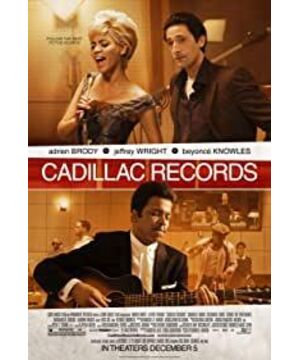The protagonist of the story, McKenley Morgenfield, came from among the working people of Mississippi, and his long-term labor practice gave him a natural voice. Morganfield came to Chicago with the idea of fame and fortune, and was discovered by the white boss Chase. Chase realized that the singing voice of Morganfield and the black working people would be loved by the general public, so he controlled Morganfield and other black singers as his cash cow with malicious intentions.
Although Morgenfield and other black singers were initially paralyzed by Chase's small favor, but with the turbulent class struggle in the United States, they gradually realized Chase's hypocritical face, and finally worked together to drive Chase away. Chase, who was driven away, died of despair on the road while driving his exploited Cadillac. This ending symbolized the inevitable fate of the proletariat's victory over the bourgeoisie.
. . . . .
The above is an imitation of the game I wrote when I was a child.
In fact, this film is an epic documentary of the development of American blues to rock. The performances of the actors are still in place, and the songs are really nice. For me, who is not a music lover, the plot is just average (it was about the predecessors of the Beatles and Elvis)
, just ignore the movie reviews above. .
View more about Cadillac Records reviews











